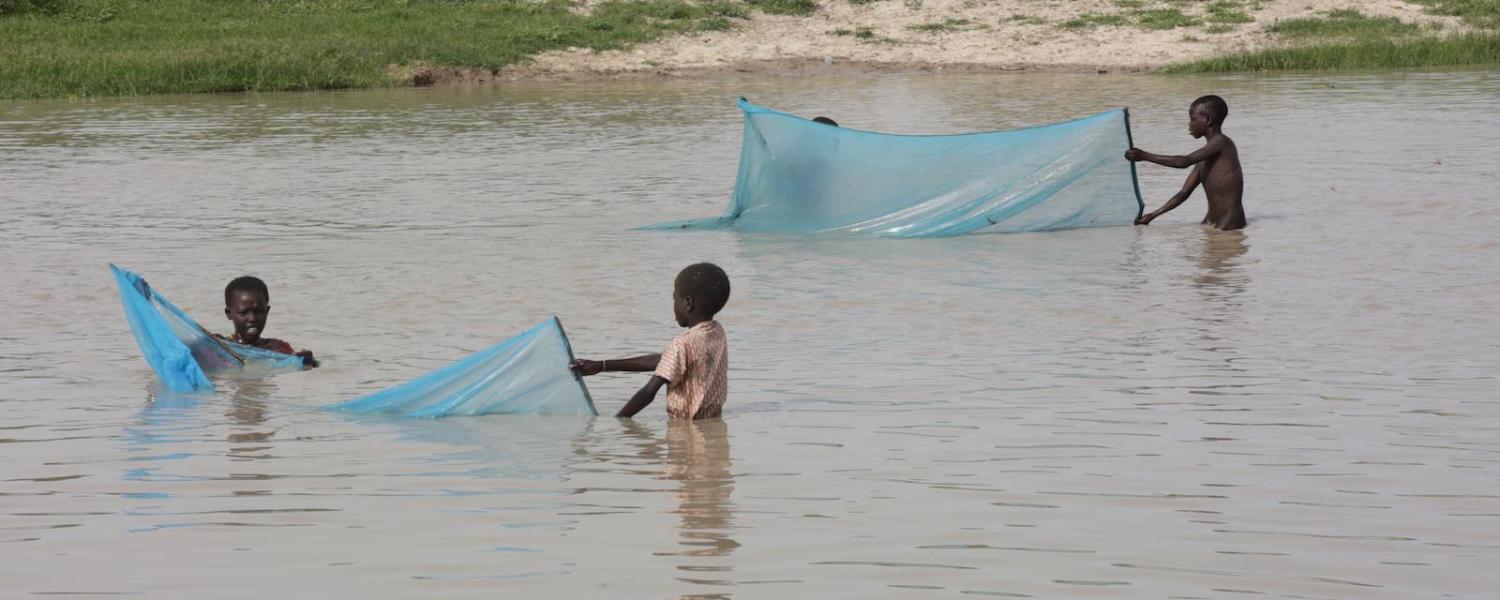- The report of the UN Intergovernmental Panel on Climate Change (IPCC) explained why the world has just over a decade to get global warming under control. Chris Mooney and Brady Dennis discuss the implications of the research.
- The full impact of the tsunami in Central Sulawesi is still unknown, but this has not stopped the Indonesian government from ordering foreign aid workers to leave, citing a desire for domestic affiliates to take the lead. Appeals remain open for all major charities.
- For the first time since civil war erupted in South Sudan in 2013, a UN food convoy, led by the World Food Program, has managed to deliver thousands of tonnes of relief supplies by river to people in seven hard-to-reach locations, saving millions of dollars on costly aid flights.
- To the surprise of many, the Trump administration signed legislation to modernise and expand US development finance. Keith Johnson argues that China’s aggressive use of finance in the developing world (such as for the Belt and Road Initiative) was the reason behind this sudden turnaround.
- The Center for Global Development published its Commitment to Development Index, ranking 27 of the world’s richest countries on their dedication to policies that benefit people living in poorer nations. Sachini Muller and Terence Wood analyse the results for Australia.
- Do you have informed views on the Australian aid program? ANU is currently running its third Australian Aid Stakeholder Survey. It’s quick and easy to fill out, and responses are confidential. The survey is here. The deadline is 19 October.
- In this blog, Benjamin Day discusses the top-down nature of aid advocacy in Australia and Britain. He argues that it is more important to have high-level politicians pushing for aid rather than from aid workers.
- Christopher Hirst, the incoming chief executive officer of Palladium, a major development contractor, speaks about the importance of gender balance and diversity within the development industry.
- Denis Mukwege, Congolese gynaecologic surgeon, and Nadia Murad, ISIS escapee and activist, won the 2018 Nobel Peace Prize for their work against sexual violence.
